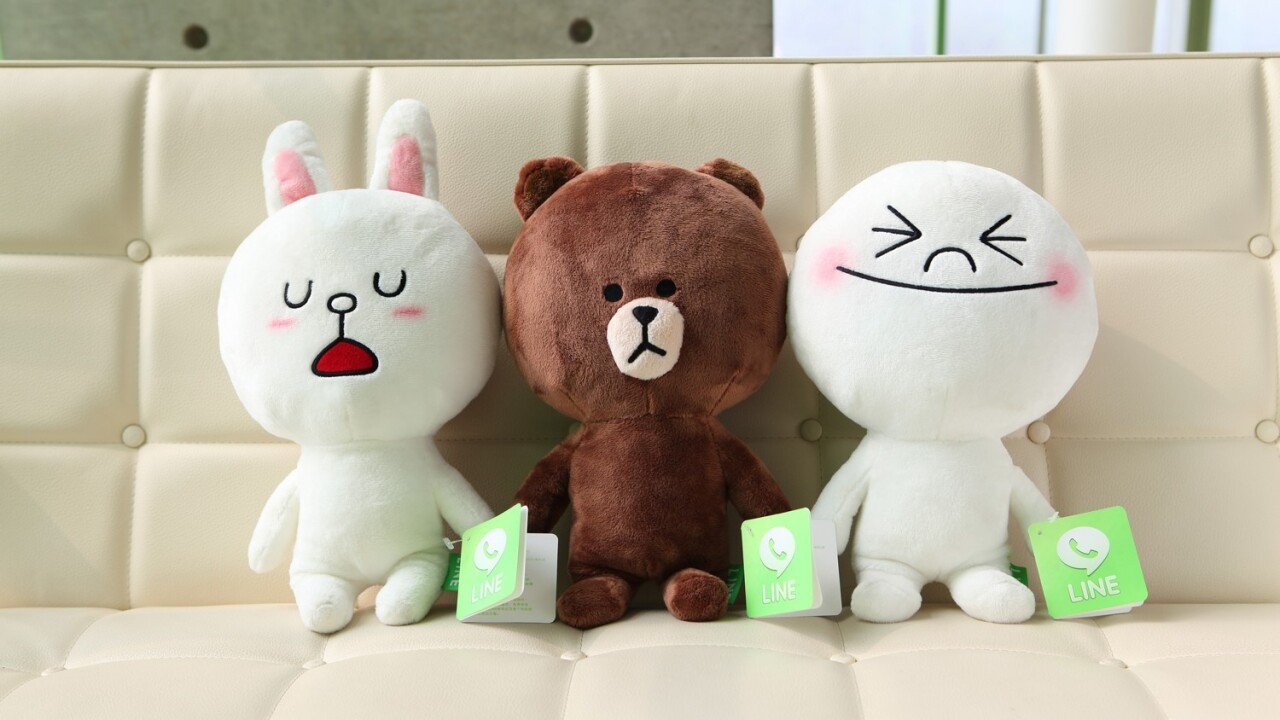
The University of Toronto’s Citizen Lab has just released a study on how messaging service Line is systematically censoring politically-sensitive keywords in China on its dedicated Chinese-language app Lianwo.
In May, we reported that Line was preparing the groundwork for such censorship, with a section of code within the app — spotted by Twitter user @hirakujira – showing that Line has a mechanism that will detect selected phrases. @hirakujira also gained access to Lianwo servers and obtained a list of 150 ‘bad words’ that would be monitored.
Citizen Lab notes that this very first keyword list which surfaced contained content concerning sensitive political events, domestic Chinese politics and human rights — of which many were rather obscure. “The fact that some of these censored incidents are not high profile seems to indicate that they have been added by Line as a pre-emptive, preventative measure,” Citizen Lab notes in its study.
The organization took steps to explore whether similar censorship mechanisms are present in the latest versions of Line on Android. By reverse engineering the most recent Android version of Line, it found that when a user’s country is set to China during the installation of the app, a censorship functionality will kick in. Line then downloads a list of censored words from its parent company’s server, and blocks the transmission of any messages that contain any of those words.
Citizen Lab managed to retrieve two lists of censored words in its analysis: Version 20 with 223 keywords, and Version 21 with 370 keywords.
“For the most part the keywords are much more general and refer to more well-known incidents than those found on the list that @hirakujira uncovered,” it notes. Words on these lists include references to the Bo Xilai scandal, the Tiananmen Square massacre, Falun Gong, and various controversies including that surrounding former Prime Minister Wen Jiabao and his family wealth (which was subject to a NY Times exposé).
Line’s Lianwo app in Mainland China is based on a partnership with the messaging service’s parent company Naver and Chinese Internet firm Qihoo. Citizen Lab notes that it’s likely that Qihoo manages the keyword censorship for users in China, though how this would be carried out isn’t clear.
“Comparing the mechanism and targeted keywords for censorship in Line with those practiced by Qihoo and WeChat would be an interesting area for further research,” Citizen Lab says.
The dilemma between following legal regulations or choosing to operate from outside of China is one that many companies juggle when committing to having a business in the country, which is known for coming down hard on firms that don’t toe the line. Line could opt not to censor Chinese words, but it would then run the risk of being blocked by the government.
Line currently has 280 million registered users, and is currently the largest messaging app by market share in Japan, Thailand, and Taiwan. With its huge population of mobile Internet users, China is an important part of Line’s strategy to boost its reach, and it seems like the messaging service would rather bow to the government than risk its business in the country.
A Line spokesperson drew a clear line between Lianwo and Line, emphasizing that the Chinese version of Line is different from the global version. In other words, the company appears to be quietly acknowledging that there are some government regulations it has to abide by to operate in China — of which a major one is censorship.
Lianwo has been optimized to its local environment and is being serviced as so. It is being serviced by local standards and regulations and it does not harm any global Line services.
The spokesperson, however, was also keen to clarify that Line does not collect or store any information in any format from its users and maintains a level of security globally.
Get the TNW newsletter
Get the most important tech news in your inbox each week.





